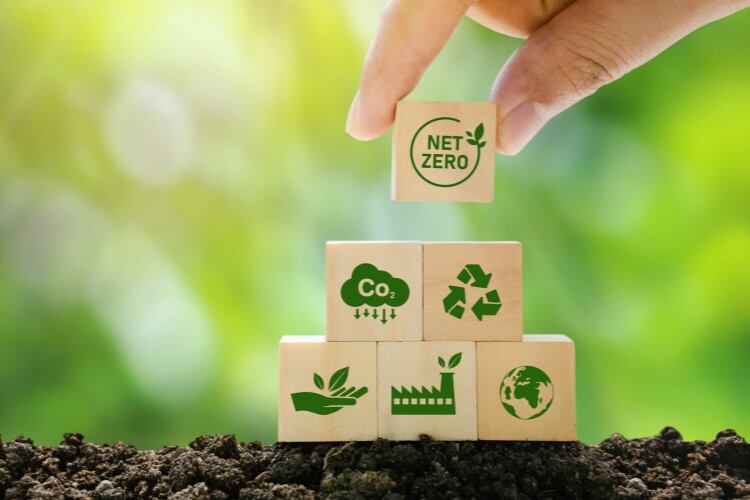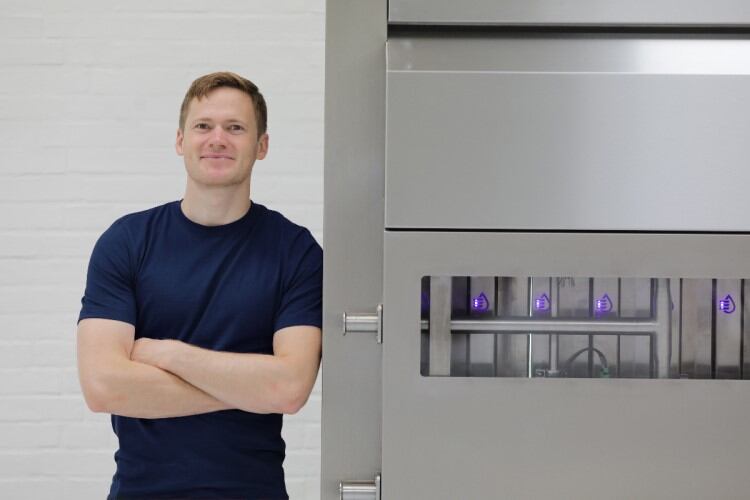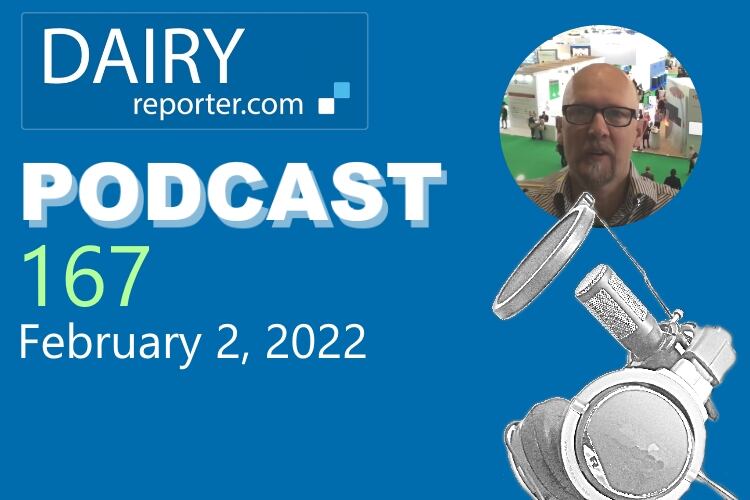The new technology, called ‘raslysation’, is a non-thermal treatment solution that involves applying specific UV wavelengths to treat bacteria and spores. Developed by fellow Danish company Lyras, raslysation was created by Rasmus Mortensen, CEO at Lyras, as an alternative to pasteurization.
The system will be installed at Novozymes’ Kalundborg, Denmark production plant, with plans to roll out the technology at other global sites ‘in time’.
Steen Skaebaek, senior director at Novozymes, commented: “As many enzymes cannot withstand high temperatures, our legacy equipment was primarily made up of classic depth-filtration to remove the bioburden in our products. However, this meant our employees replaced heavy sets of filter plates daily as part of the purification process.
“Raslysation removes the need for this process, while helping us take more control of how we create our product. We’re also expecting to see a difference in our next energy bill.”
Energy reductions of 60-90%
DairyReporter approached Lyras to find out what energy savings its system could typically bring. A spokesperson for the company said that switching from filtration to raslysation results in energy savings in the range of 60% to 90% depending on the production in question.
The technology, which is also used by Arla Foods Kruså for brine treatment (replacing micro-filtration), was recently introduced by the dairy co-op in the UK.
Asked if the contract with Novozymes – a global ingredients giant, which is the process of merging with Chr. Hansen – is Lyras’ biggest to-date, the company spokesperson declined to confirm, stating instead: “We appreciate all the orders we have as each one brings us a step closer to reaching our goal of saving one million metric tons of CO2 by 2030.
"When a key player within the industry takes the first step, it gets easier for the smaller ones to follow suit."
"We thank Novozymes for their collaboration and encourage the remainder of the industry to similarly act on behalf of the planet.”
The two Danish-based firms were collaborating for ‘more than a year’ on designing and testing the system for the biotech group, we were told. “We have had a great collaboration with Novozymes,” the Lyras representative said, “and together, we managed to find a solution that satisfies their needs.
“As always, when we start collaborations with a new client, we do a thorough screening of the product types to see which parameters we can work with to ensure the most effective treatment. When these parameters have been identified, we do onsite testing to ensure that the parameters are acceptable within the process parameters of the industry and then we can build the system to these agreed upon specifications before delivering the system.”
No two systems are the same, said the Lyras spokesperson, highlighting the close collaboration required when the company’s system is being specified and put into use.
Asked what makes the technology – which can also find application in the food sector for treating opaque liquids such as fruit juice or milk – a good match for treating enzymes, the Lyras rep said: “Raslysation is suitable for treating enzymes because the treatment is effective at eradicating unwanted microbiology, using significantly fewer resources than filtration and providing increased safety and control. Because the treatment is non-thermal, the finished result is more in keeping with the original product. With the replacement [of depth-filtration] comes also the upside of not having to manually handle and discard of filters.”
While Lyras declined to discuss its ongoing projects, the company confirmed it was currently looking into several different industries to implement the bulk of its units within the brine, blood plasma and enzyme industry.



